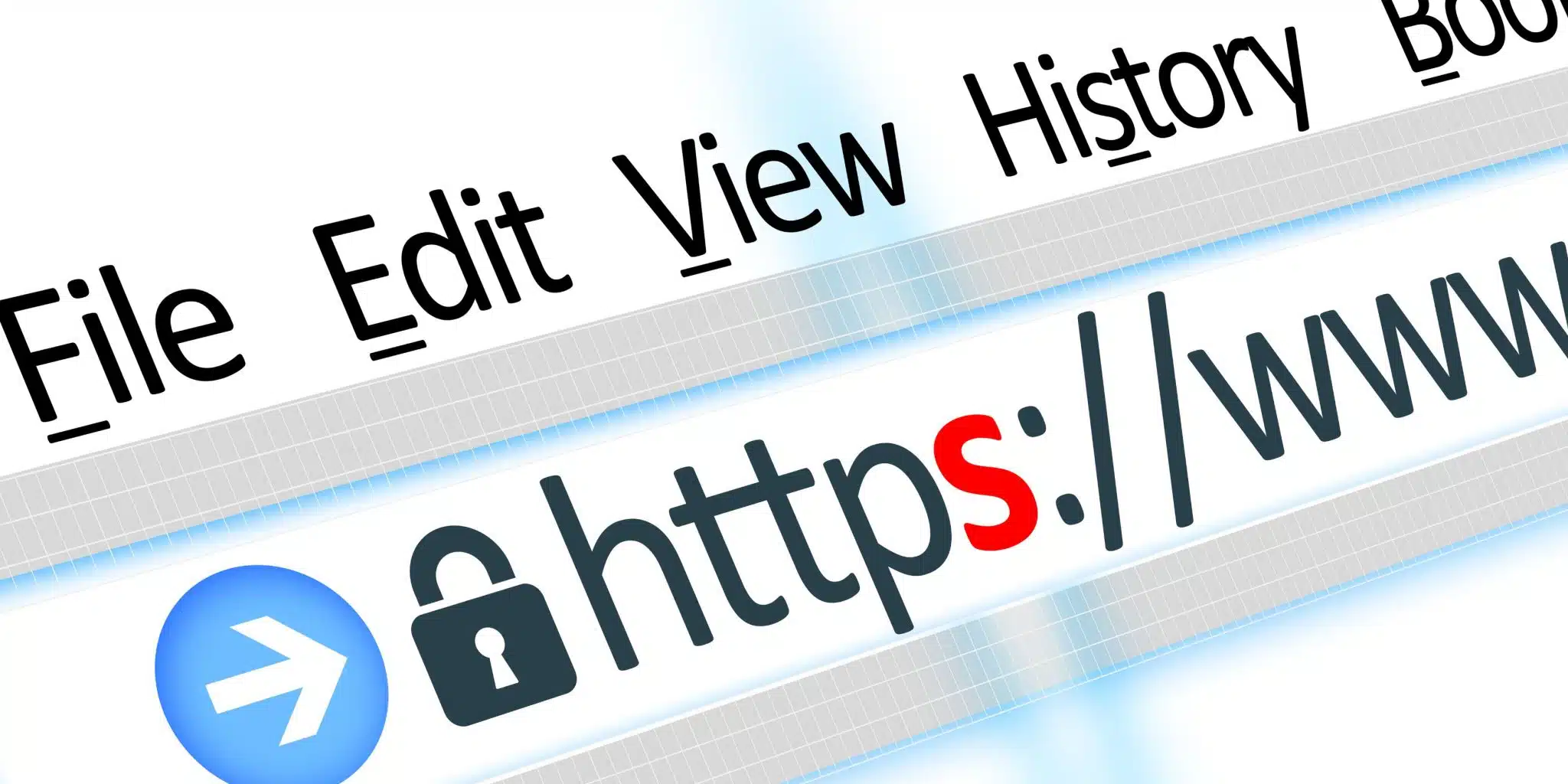Do Broken Links Affect SEO?

Marketers do everything in their power to increase traffic to a website, make its usability better, and gain better positions in SERP. In several on-page and off-page optimization procedures, internal and external links are significant factors that define a site’s effectiveness on the internet.
Marketers often experience the problem of broken links. They occur for reasons such as finding a webpage that has been moved or deleted or changing the website structure. Having broken links will hamper a site’s usability, but you might wonder if it can affect the site’s SEO. Let’s find out whether broken links impact SEO and, if so, what should be done.
Understanding Broken Links
It might seem unusual to talk about broken links in the context of SEO, so first, let us discuss what a fractured link means. A hyperlink is often placed inside a web page to lead the viewer to another web page or a resource. It can point to the page located on the same website (internal hyperlink) or a different website (external hyperlink). If a user clicks on a link and is brought to a page that no longer exists or never existed, then the response you typically get is a “404 error.” This is an example of a broken link.
Broken Links and SEO
In connection with the changes it brings to SEO, broken links may or may not be beneficial to a website.
Here’s a closer look at how broken links affect SEO:
1. Negative User Experience
Among the problems related to broken links, one is that they negatively impact your site’s usability. Users get frustrated when they stumble on a broken link and then, will quit your site. A high bounce rate and the time spent on the site lower your probability of ranking higher in the search engine since they value engagement and satisfaction.
2. Reduced Crawlability
Googlebot moves around the internet to collect information about your site in order to enhance the results of web searches. This is bad for crawling because they may get trapped with an infinite loop on, for instance, a 404-error page. As a result, your site’s indexed pages may be reduced, lowering your ranking on search engines.
3. Decreased Referral Traffic
External broken links can also impact your website’s referral traffic because these links direct people from other sources to your site. If your website is connected to another site containing broken links, your website may not get the traffic you expected from this external link. A smaller number of people visiting your site will lead to a lower ranking in search engines.
4. Impact on E-A-T
Like news websites, blogs, and forums, which mainly contain user-generated content, broken links also affect your E-A-T. These are some seminal factors in the way search engines evaluate websites and their significance and reliability. If these broken links are there and they interfere with the user’s navigation or flow, then there is an issue about the quality of your site and their trust in it.
Dealing with Broken Links

Now that we know how broken links can impact SEO, the next question is: how do we fix them?
Here are some ways to manage broken links and minimize their adverse effects on your website:
1. Verify the Account Frequently for Broken Links
The first step towards handling broken links is to always identify them. For instance, you can run a crawl check on Screaming Frog, Ahrefs, or SEMRush, among many other tools that offer this service. Scheduling such checks now and then is essential because it will assist you in noting the broken links and remedying the situation.
2. Use 301 Redirects
If a specific webpage has been relocated or renamed, using 301 re-direct assists in forwarding the users and SEs to the new page. The link equity and other ranking signals are being transferred to the new page to avoid the loss of SEO properties.
3. How to make a Custom 404 Error Page
A standard solution among web owners is to encourage users to report a broken link and retrieve an appropriate 404 message when such an error occurs. This is important because a custom 404 error page can help reduce user frustration, and provide an internal search engine option.
4. Disavow Broken External Links
If you detect that your website has several damaged external links, then you can use Google’s Disavow tool to tell search engines not to consider the links while rating your website’s SEO value. Still, it is essential to understand that it should be done only in extreme cases since it will ultimately have a damaging effect on your site’s general link portfolio.
Always bear in mind that one of your primary goals is to give your users a pleasant experience any time they use your site, whether you own a website or are into internet marketing.

 Bill Yeager, Co-Owner of High Point SEO & Marketing in CT
Bill Yeager, Co-Owner of High Point SEO & Marketing in CT